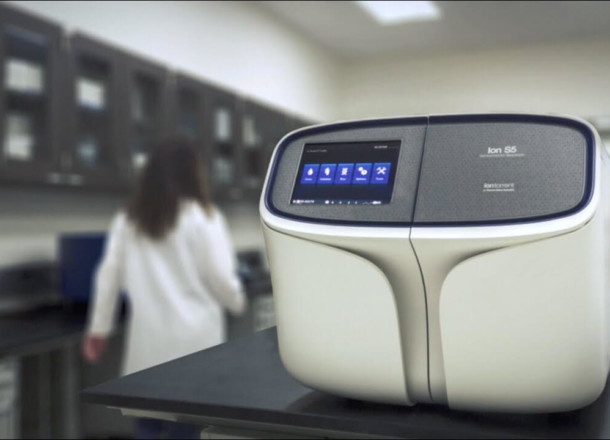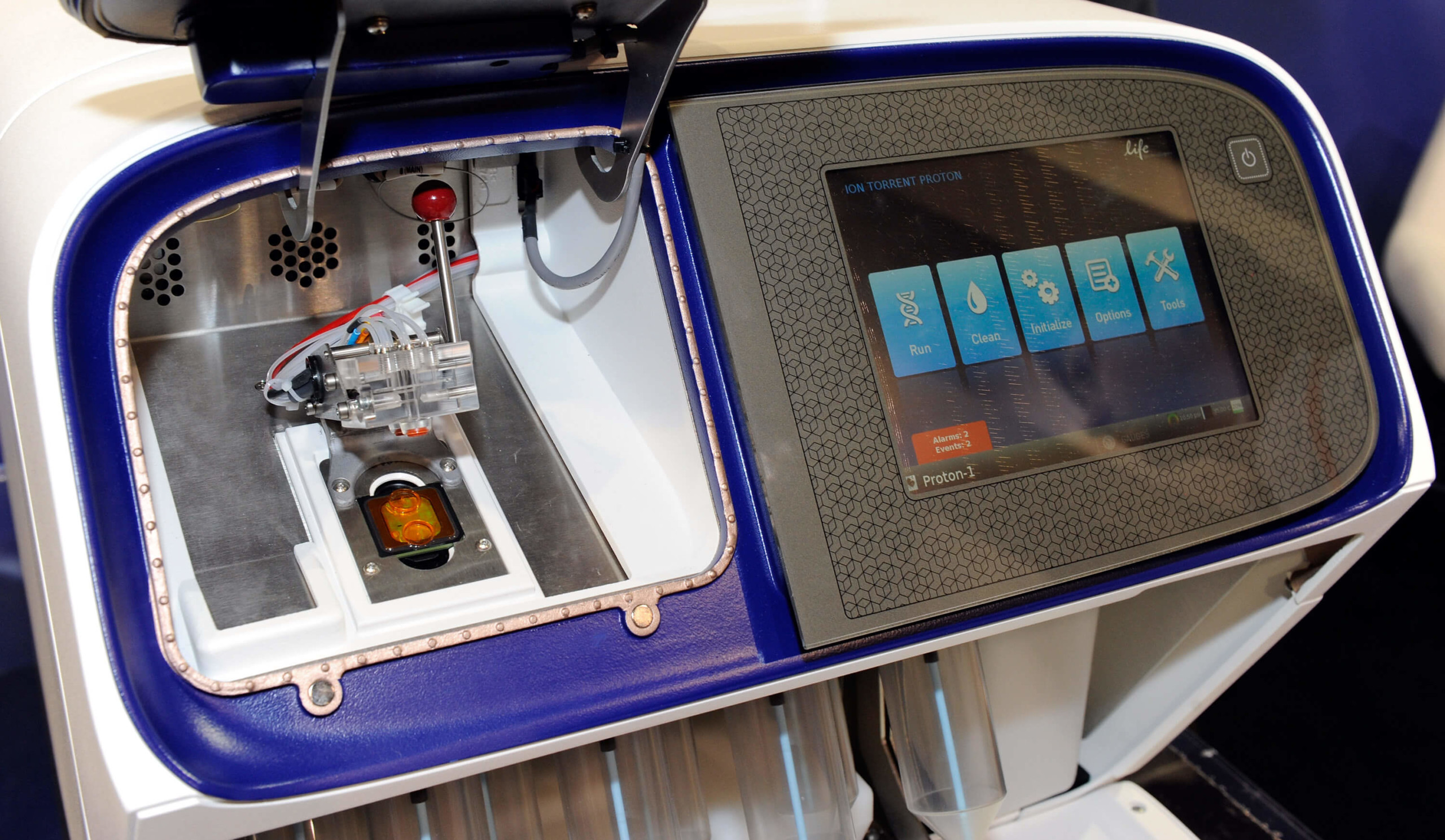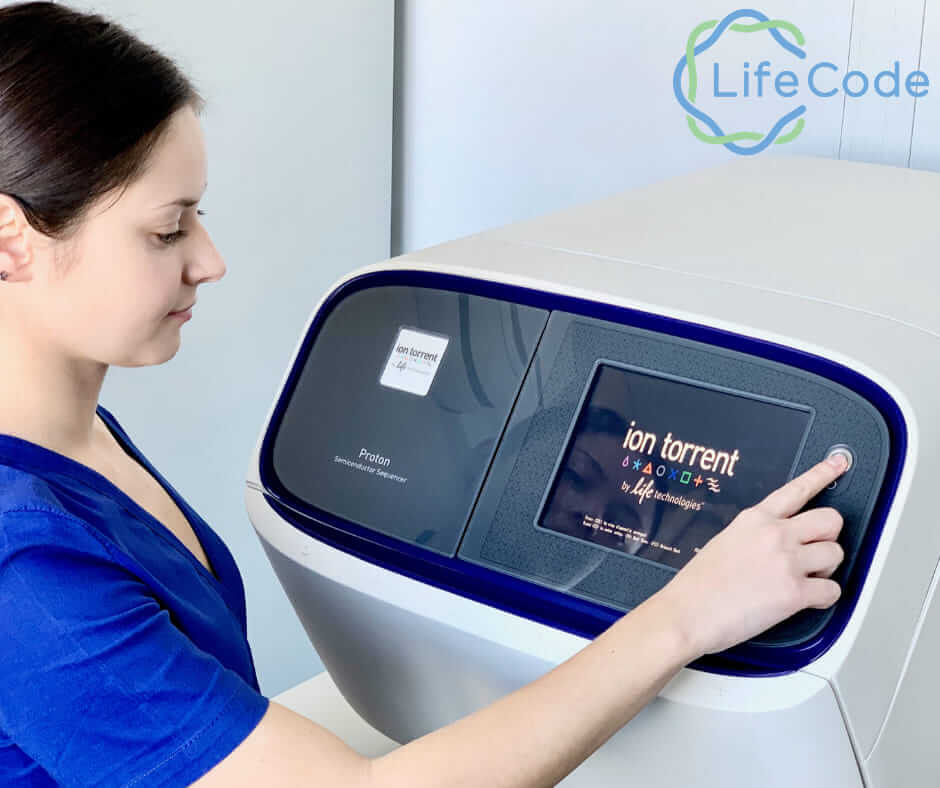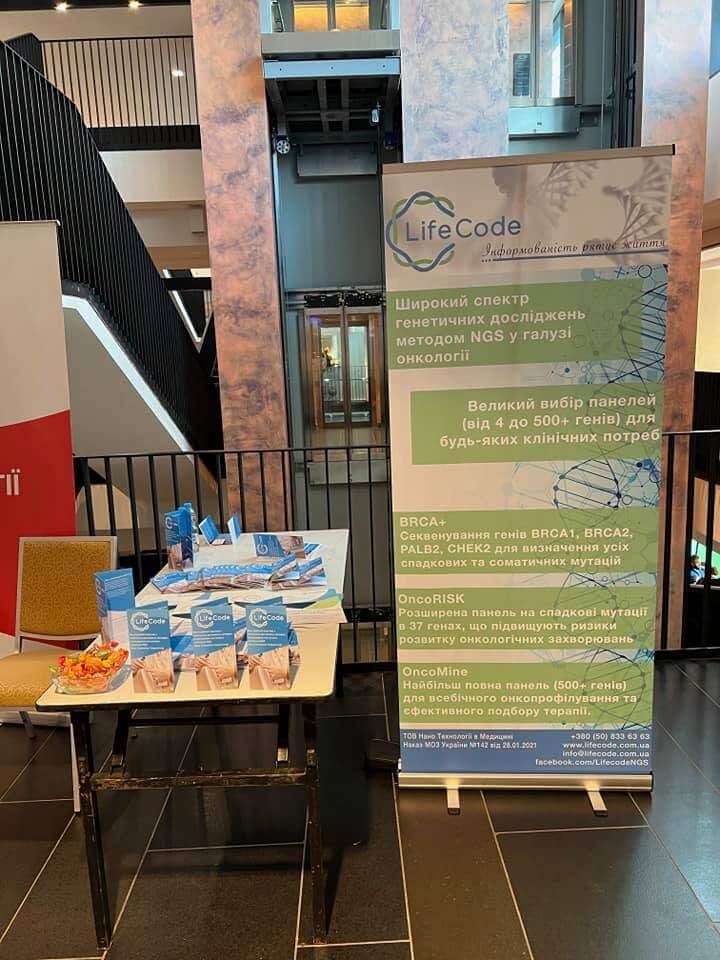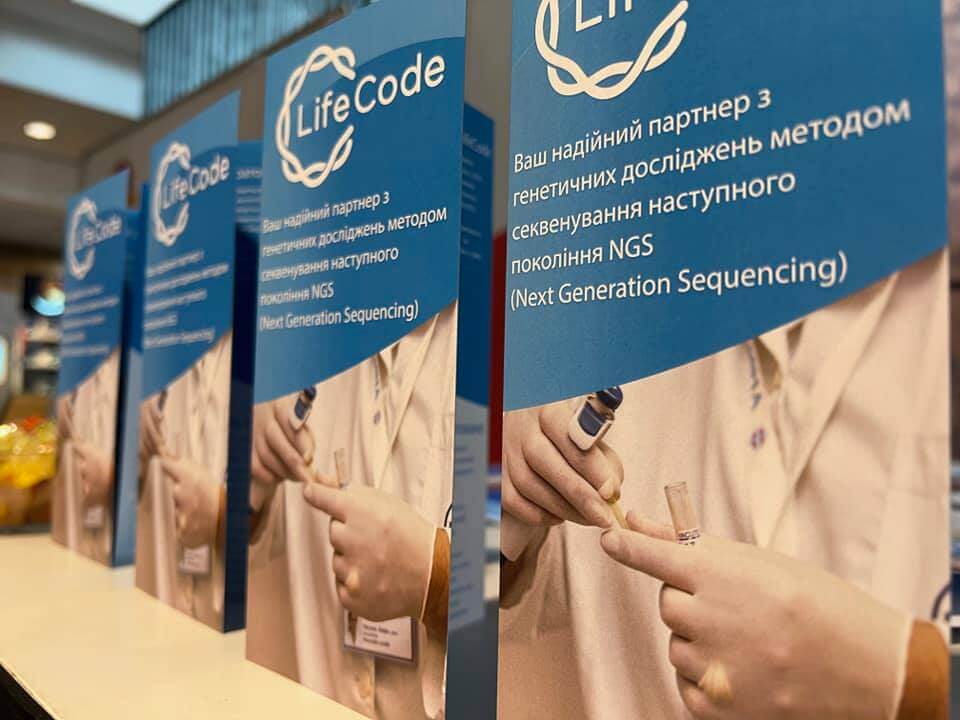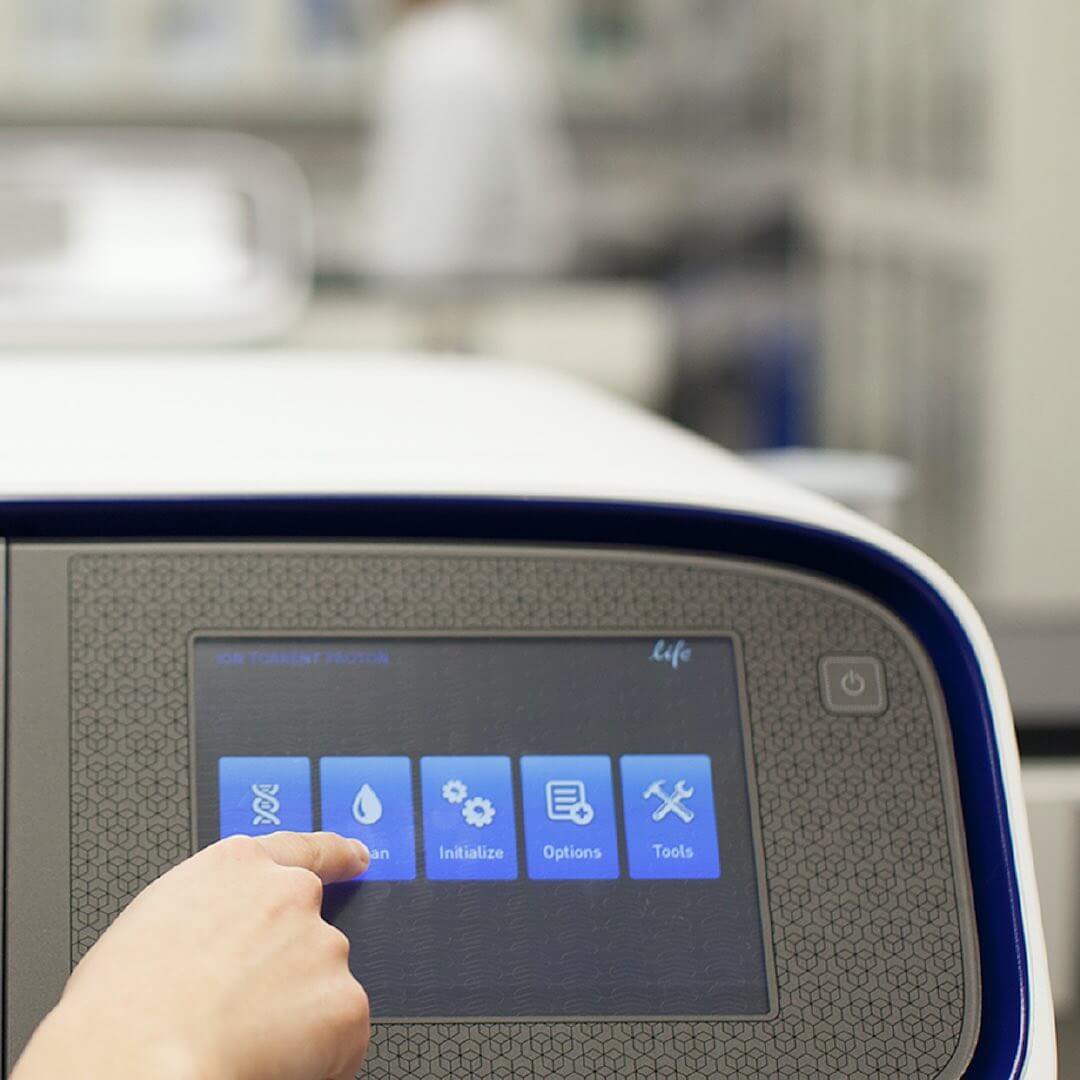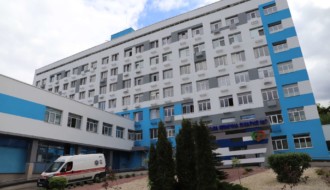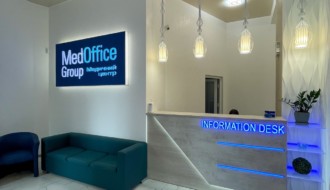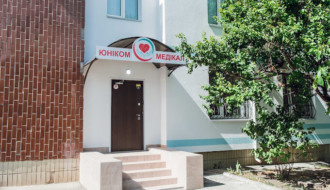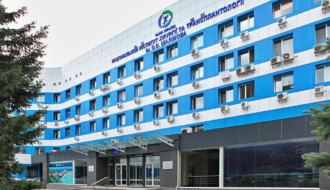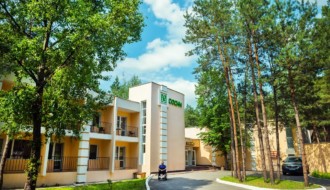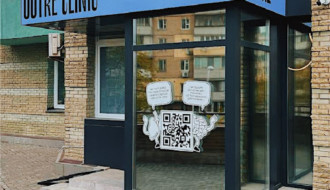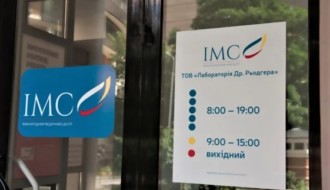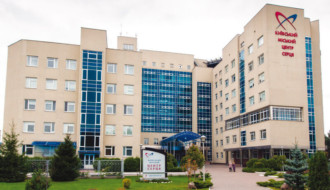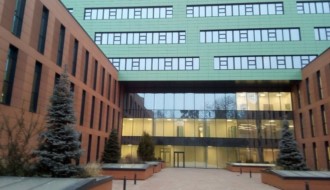LifeCode Laboratory is a leader in NGS research in Ukraine
In 2022, LifeCode significantly expanded the range of its services and, thanks to additional equipment of the laboratory and successful cooperation with trusted partners, received the status of a full-cycle laboratory for oncology. Currently, LifeCode employees work with NGS, immunohistochemistry and PCR methods, covering a wide range of necessary studies for all types of cancer. They carry out both single-gene PCR tests and small NGS panels, as well as full molecular profiling for 500+ genes.
LifeCode’s team of employees are professionals with many years of experience in areas such as biotechnology, oncogenetics, molecular pathology and clinical oncology. They are united by a common goal – to improve the quality of diagnosis and treatment of cancer patients in Ukraine with the help of modern technologies and developments in the field of genetics.
LifeCode Laboratory equipment
The main apparatus, the heart of the LifeCode laboratory, is the new generation sequencer Ion Proton System, manufactured by ThermoFisher Scientific (USA). This is a platform for performing NGS research that provides efficient sequencing of DNA and RNA molecules. Thanks to innovative simultaneous multiple reading technology, studies are carried out quickly and with a high level of accuracy.
Laboratory staff use only high-quality and proven reagents produced by companies from the USA, Australia and Great Britain, which are used by leading genetic laboratories around the world. In addition, the laboratory is equipped with ultra-modern equipment, thanks to which most processes are performed automatically. This significantly reduces the risk of human error and ensures consistently high-quality research results. LifeCode collaborates with leading oncology specialists, establishing itself as a trusted laboratory.
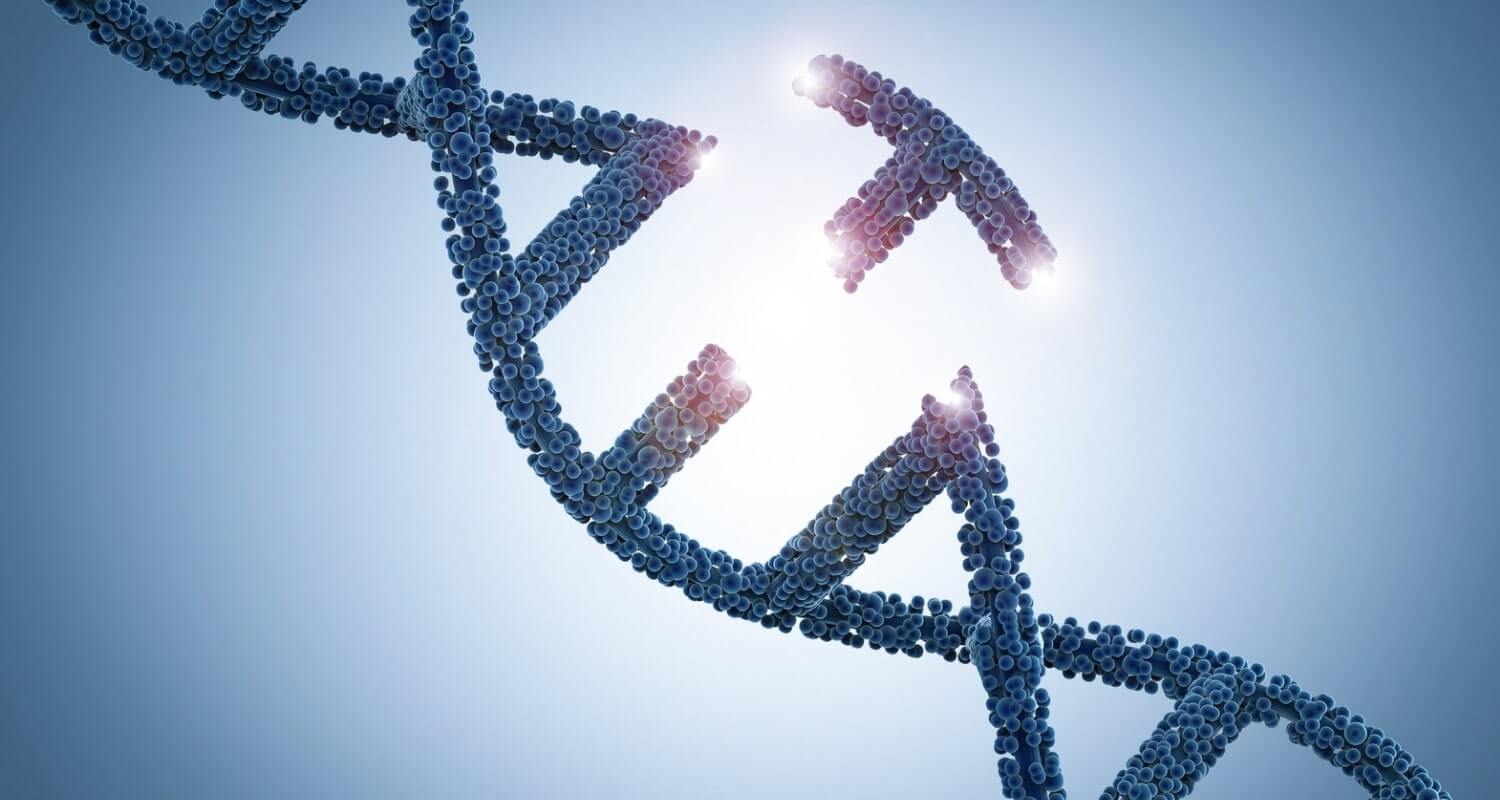
What is next generation sequencing and what is this research for?
Over the past 10 years, DNA sequencing has transformed from a niche field pursued by a small group of scientists to a rapidly evolving technology. New generation sequencers have become noticeably cheaper and much more efficient than their predecessors. The development of sequencing has revolutionized bioinformatics and biology, and is already rapidly moving forward, significantly changing medicine.
NGS for selection of effective anticancer therapy
New methods and diagnostic capabilities in the field of cancer genetics have made it possible to establish that each tumor has its own unique characteristics. No two cancers are the same. Even neoplasms located in the same place are heterogeneous in their composition and origin, and therefore respond differently to treatment.
These differences have become the basis for the development of pharmacological drugs that act directly on the molecular target in the tumor cell, without affecting other organs and tissues of the patient.
The peculiarity of such targeted therapy is that each drug is effective only for tumors that have certain molecular characteristics. Therefore, the use of most targeted drugs requires mandatory identification of genetic disorders.
Thus, the results of DNA sequencing of patients make it possible to identify mutations in tumor genes that are targets for targeted drugs. This helps the doctor select highly effective personalized therapy.
NGS as a method of cancer prevention
Next-generation sequencing makes it possible to identify certain mutations that increase the risk of developing cancer. Patients who carry these mutations should undergo regular screening for early detection of cancerous tumors. Timely detection of mutations makes it possible to predict the development of cancer, select a personalized therapeutic strategy, prevent recurrent disease and, finally, prevent serious consequences for the patient.
The MedTour platform cooperates with the best medical companies in the world that are engaged in the development and implementation of innovative technologies, such as the LifeCode laboratory. If you are interested in identifying gene mutations that increase the risk of developing cancer, or you need to create a “genetic portrait” of a tumor in order to select the most effective treatment, call or write to us. The MedTour coordinator will provide all the necessary information and help organize the diagnostic process.
